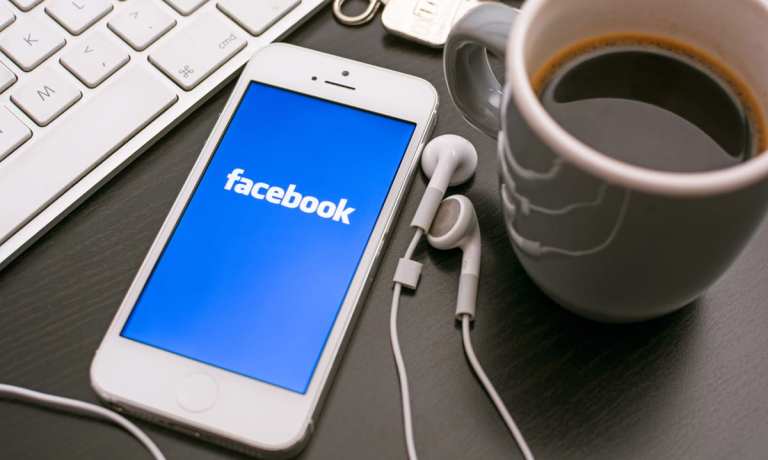Facebook Expands Gaming Platform To Cover Most Of US

Facebook is fully launching its cloud-based gaming platform to make it available to most Americans, after testing the service out starting last October.
The company is building up its “free-to-play mobile catalogue of games in a measured way and deepening the games people can enjoy with their friends on Facebook,” Jason Rubin, the social media giant’s vice president of Play, said in a news release. “People play our cloud-streamed games right alongside games in HTML5. And they shouldn’t have to think too hard about how the games are delivered so long as we do our jobs right.”
The beta test started with a handful of cloud-streamed games on Android and web in some U.S. regions. The company has built up its infrastructure “significantly” since then, Rubin said, adding that over 1.5 million people are playing cloud-streamed games on the service every month.
“For cloud gaming that’s significant,” he said. “The format still has a way to go, but this growth is an early signal that people are having fun” and the company is on the right path.
Facebook has started rolling out the gaming service in Canada and Mexico, the release said. The goal is to move into Western and Central Europe.
So far, at any rate, the company is not charging subscription fees or trying to replace consoles, PCs or mobile phones. The company said that it is gradually increasing its free-to-play mobile catalogue of games.
In a partnership with Ubisoft, Facebook is adding the game publisher’s “Assassin’s Creed Rebellion” to the social media company’s cloud-streamed gaming service. Facebook said the offering is “a mobile entry in the long-running” Assassin series.
Last month (June 14), Facebook announced that it had acquired BigBox VR, maker of the virtual reality game “Population: One” for an undisclosed amount.
Seattle-based studio BigBox VR said that the acquisition by Facebook will not change its operations and that “Population: One” will still be available on Discord, Reddit, and other social platform channels.
Facebook, which acquired Oculus for $2 billion in 2014, said BigBox will be folded into that division.